
15% increase in non-oil exports on agenda for H2
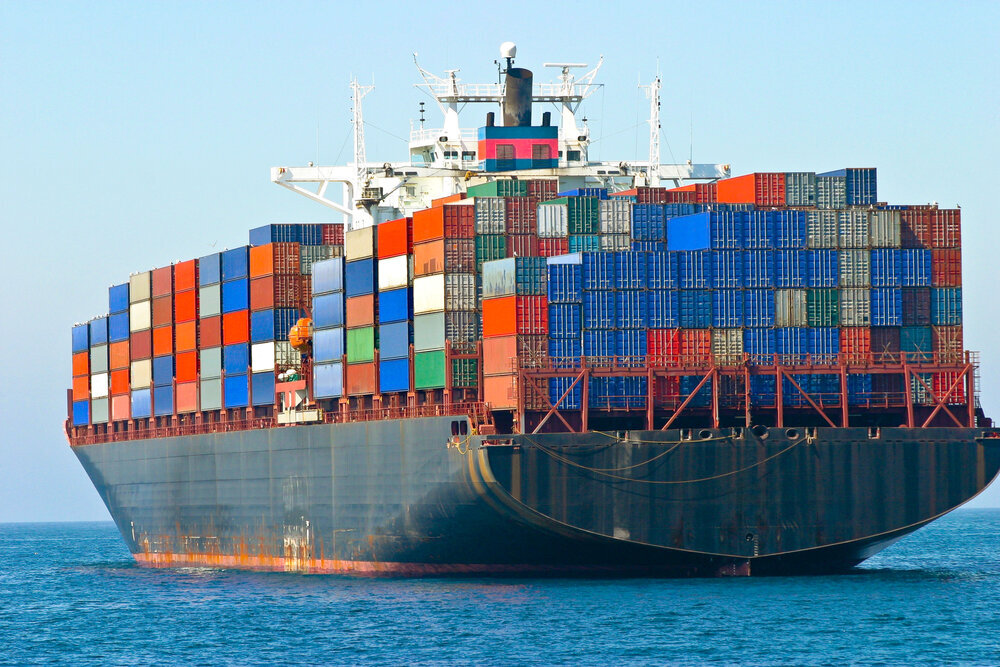
Although following the outbreak of the coronavirus, world foreign trade decreased by 15 percent and naturally our foreign trade was also affected in the first half of this year, with the restructuring of export processes, we expect non-oil exports to grow by 15 percent in the second half of the year,” Hamid Zadboum stated.
The increase in exports in the second half of this year will offset part of the 34-percent decrease in non-oil exports in the first six months (March 20-September 21) compared to the figure for the previous year, Zadboum said.
According to the official, the government is going to be mainly focused on exports to the markets of 15 neighboring countries plus India and China because these 17 countries accounted for 89 percent of Iran’s non-oil exports in the first six months of this year.
“Considering the upward trend of production in different sectors, the growth of exports is also evident, especially in the field of agriculture and food industry, so that in the first six months of this year despite the decrease in oil exports, the exports of the agriculture and food industry grew by 16 percent,” he stressed.
Regarding the TPO’s import priorities the official added: "According to the methods specified by the Central Bank of Iran (CBI) for allocating foreign currency, the priority of imports will be for basic goods, raw materials, intermediate data-x-items for production units, machinery, and equipment."
Iran’s 15 neighboring countries have been the destinations for 70 percent of Iranian non-oil exports during the first six months of the current Iranian calendar year (March 20-September 21), according to the TPO head.
Zadboum also said, “It is worth mentioning that the figure was 60 percent and 55 percent in the two previous years, respectively”.
According to the official, Iran is capable of doubling non-oil exports to its neighbors in two years.
In late May, Zadboum said that considering the future capacities, the TPO has planned increasing non-oil exports to the neighboring countries to about $100 billion in a two-year time span, in a way that Iran’s share of the regional markets will significantly go up.
He has previously said: “Pakistan and Turkey have the highest capacity to import Iranian goods, which is good news for Iranian businessmen and exporters.”
Pointing to the Persian Gulf states as good markets for some Iranian-made commodities, the official said that large markets such as Russia and China should also be considered by exporters.
Iran shares borders with fifteen countries, namely the United Arab Emirates, Iraq, Turkey, Afghanistan, Pakistan, Russia, Oman, Azerbaijan, Turkmenistan, Kuwait, Qatar, Kazakhstan, Armenia, Bahrain, and Saudi Arabia whose total value of annual imports exceed $1000 billion.
Increasing non-oil exports to the neighboring countries is one of the major plans that the Iranian government is pursuing in the current Iranian calendar year.
In early May, First Vice-President Es'haq Jahangiri called for developing non-oil exports as the only way for realizing the motto of the surge in production.
“The Foreign Affairs Ministry should provide the necessary bases for the development of [non-oil] exports by expanding and strengthening economic diplomacy,” he said in a meeting on reviewing ways of boosting economic relations with the neighboring countries and supporting non-oil exporters.
Emphasizing that 15 neighboring countries and countries such as China and India and Eurasian members should be targeted as the most important export destinations of the country, Jahangiri called on the Ministry of Foreign Affairs and other relevant agencies to strengthen economic diplomacy and focus on these export destination countries to provide the necessary infrastructure for the development of exports to these nations.


Gold price eases after Trump downplays clash with Fed chair Powell

Copper price hits new record as tariff deadline looms

Brazil producers look to halt pig iron output as US tariff threat crimps demand
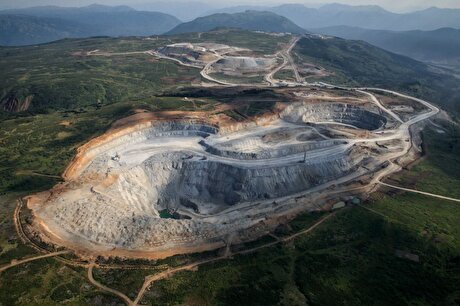
Three workers rescued after 60 hours trapped in Canada mine

Gold price could hit $4,000 by year-end, says Fidelity
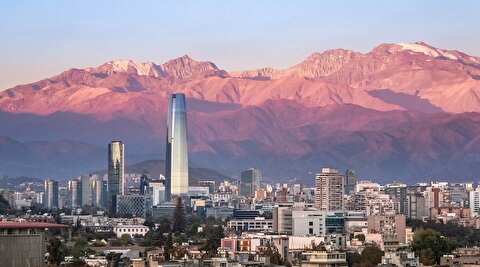
Chile’s 2025 vote puts mining sector’s future on the line
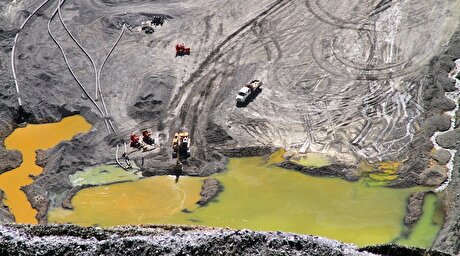
US targets mine waste to boost local critical minerals supply
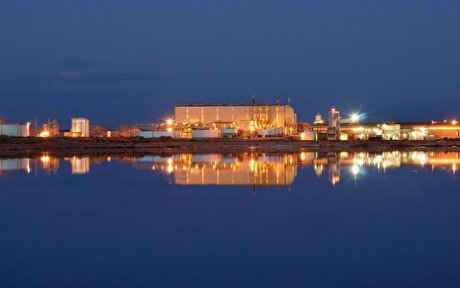
Energy Fuels surges to 3-year high as it begins heavy rare earth production

Glencore workers brace for layoffs on looming Mount Isa shutdown
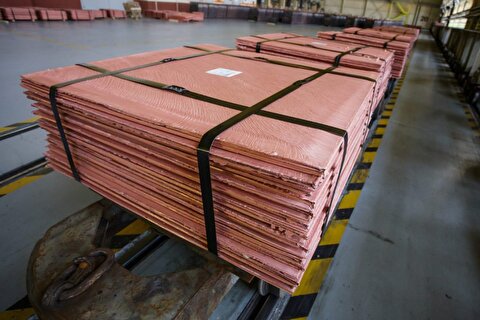
Trump tariff surprise triggers implosion of massive copper trade

Maxus expands land holdings at Quarry antimony project in British Columbia

BHP, Vale accused of ‘cheating’ UK law firm out of $1.7 billion in fees
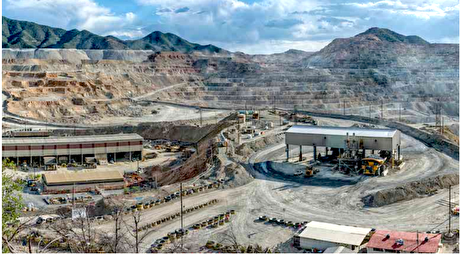
Southern Copper eyes $10.2B Mexico investment pending talks

American Tungsten gets site remediation plan approved for Ima mine in Idaho

Kinross divests entire 12% stake in Yukon-focused White Gold

Gold price could hit $4,000 by year-end, says Fidelity

Southern Copper expects turmoil from US-China trade war to hit copper

Ramaco Resources secures five year permit for Brook rare earth mine in Wyoming

Column: EU’s pledge for $250 billion of US energy imports is delusional

Trump tariff surprise triggers implosion of massive copper trade

Maxus expands land holdings at Quarry antimony project in British Columbia

BHP, Vale accused of ‘cheating’ UK law firm out of $1.7 billion in fees

Southern Copper eyes $10.2B Mexico investment pending talks

American Tungsten gets site remediation plan approved for Ima mine in Idaho

Kinross divests entire 12% stake in Yukon-focused White Gold

Gold price could hit $4,000 by year-end, says Fidelity

Southern Copper expects turmoil from US-China trade war to hit copper

Ramaco Resources secures five year permit for Brook rare earth mine in Wyoming














